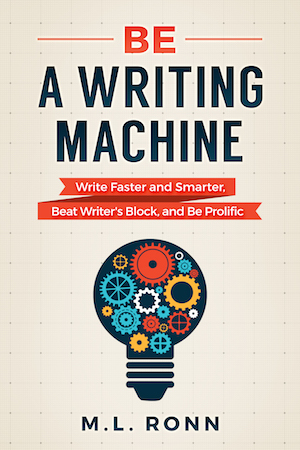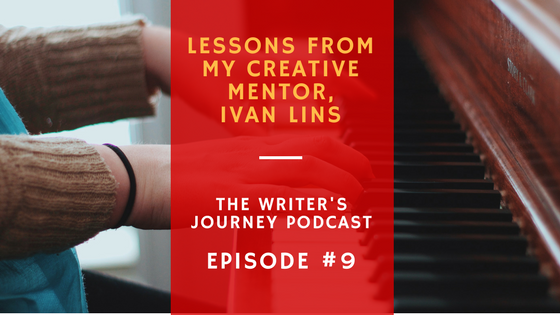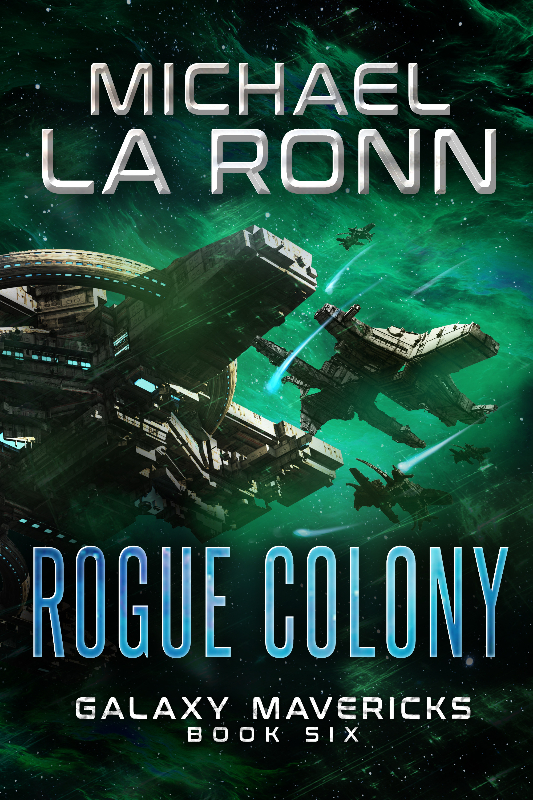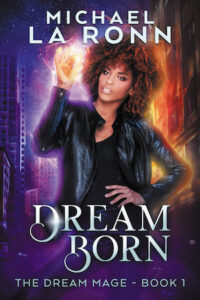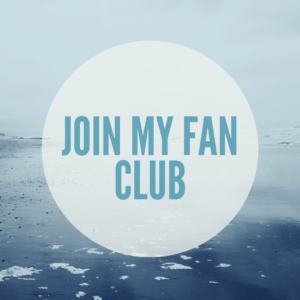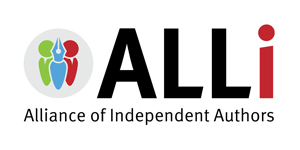
Ep 26: Top 5 Life Secrets I Learned THIS YEAR
This week's episode is sponsored by my Patreon channel!
For just $1/a month, you can support your favorite author (wink, wink). Check it out here.
SHOW NOTES
In this week’s episode, I talk about 5 life secrets that I’ve learned this year alone from my professional life. This episode is not what you think it is.
Sound/Music Credits for this week's episode
Intro/Outro Music: “Kick. Push” by Ryan Little.
Sound Effects/Miscellaneous Credits:
Sound effects courtesy of Freesound.org.
TRANSCRIPT
As I record this episode, I am wrapping up my first year as a manager at a Fortune 100 insurance company. It’s not easy being a people-leader, especially when you have a family and a writing career to balance. But my experience as a manager taught me some important things about being a writer. In this episode I’ll be talking about 5 secrets I’ve learned as a corporate leader that have completely changed the way I approach my writing.
***
Hello, and welcome to episode 26. This week I wanted to spend some time talking about my professional life and the interesting intersections it sometimes makes with my writing life.
I prefer to keep my professional and creative lives separate, but sometimes they mix, and that’s okay.
I never thought I would be a manager at a corporation. I never viewed myself as much of a leader in the business sense. I wasn’t like the other “leader” types.
But I had a director who challenged me to try it, and I did. I took over a team of 10 people who depended on me every day. When something went wrong, they looked to me for the answer and guidance. And in the beginning, I knew absolutely nothing and probably frustrated them more than helped. But slowly I got better at solving their problems and helping each of them develop in their careers. Today, I’m far from perfect, but I like to think that I’ve got a handle on the basics of being a leader.
And being a leader exposed some weaknesses as a writer that I didn’t really know were weaknesses. I’d like to share those with you.
1 is that as a leader, I exist to serve my team.
The best managers I’ve ever had always put their team first. They invested time into taking a personal interest in all of their team members, getting to know them, and helping them not just with the job, but with their careers. Most of the time, that meant challenging them with either additional responsibilities, or giving them very honest and direct feedback about how they were doing. I tried to emulate that.
There are a lot of red herrings as a manager that can eat up your day. Metrics, projects, dumpster fires, etc. But I don’t think any manager can ultimately be successful unless they actually care about and support their people.
It’s funny because I intuitively understood this as a manager and this part of the job came easily to me. But as a writer, I don’t know that I was taking that same approach to my readers, my listeners, and my YouTube subscribers.
So I changed my approach and focused on serving them better, just like I focused on serving my team.
2 is don’t be a knucklehead.
It’s amazing how many people do things that sabotage their careers without knowing. All it takes is one bad perception to ruin peoples’ opinion of you. Optics are everything, right, wrong, or indifferent. That goes when you’re driving to work, in an interview, in a meeting, at lunch, or whenever. People are always watching.
Everything you say and do has an impact. And people say and do some really, really stupid stuff on the job. And in life.
I’ll leave it at that. Don’t be a knucklehead. If you have to ask whether something is a knucklehead move, then it means you are probably being a knucklehead.
That’s why I take great care to make sure that I don’t do anything stupid in my writing career. I’ve always been careful about this, but being a manager has taught me to be careful in other ways, particularly legally and financially.
3 is be your most authentic self.
And I don’t mean the cliche version of this advice, or any of that “bring your whole self to work” crap that’s common in corporate circles.
I just mean be real with people.
Before I became a manager, I was careful about what I said. I sugarcoated things.
As a manager, I can’t afford to. So if I have to have a tough conversation with someone about their performance, or give feedback about a system that’s not working, I have to be direct. Not a jerk, but direct.
The same goes for writers. And honestly, I like to think I’ve done a good job being authentic with my fiction and this podcast.
But I’ve just gotten better at bringing my authentic self to the page. Every week, I focus on capturing myself on this podcast. Everything you hear is me—no barriers, no filters. Just me being real with you.
Being authentic sometimes means choosing paths that may not be commercially viable. Not at first.
For example, I could have totally done a writing podcast where I interview people every week, or I could have focused on marketing tips for writers. That’s what sells. That’s what the masses want.
I know that this podcast is not commercially viable, nor do I expect it to be. Yet I do it every week because it’s how I can connect with you guys in a way that’s different from everyone else, yet true to who I am. It’s my way of memorializing my journey.
4 is playing the long game.
This is something people in the corporate world don’t do very well. Honestly. They make decisions in the moment without thinking about how it will affect their careers. Managers and executives make short-time decisions that work in the moment without considering how it will affect their teams and customers in the long run. Right, wrong, or indifferent, there are a lot of people acting in their own short-term interests, usually to get the next job. Not everyone, but many.
That’s never been the approach I’ve taken. Sure, there’s a time to make short-term decisions, but I care far more about my happiness in the future.
As a writer, being a manager has given me a whole new appreciation for what it means to think long-term. And I was a pretty good long-term thinker before. But I think even longer term now. 10, 20, 30 years into the future.
5 is to manage people through change.
The corporate world is full of change. You never know what’s going to happen tomorrow. Especially when you’re a manager. You’re always planning for change, communicating change, and managing others through change. And to do that requires many skills. You’ve got to anticipate changes and how it will affect your team and then figure out how to address that. The key is how you communicate.
If you think about it, that’s what a writer is doing, too. When you’re writing a novel, you’re really just managing readers through your story. A novel is ever-changing. If readers get confused with your story, they stop reading. If they get bored, they stop reading. Your job is to keep them interested and engaged.
When you’re marketing a book, you’re also managing expectations. You need to provide clarity on what the book is about and why it’s the very book they need to buy this very moment. When readers are done reading, you need to convince them why they need to buy your next book, or sign up for your mailing list, or visit your website, or whatever. That’s easier said than done, but when done right, it’s simpler than you think. Being a manager helped me see this from a different perspective.
So those are the five things I’ve learned as a leader. The final takeaway is that I’ve learned to think of myself as a leader here in the writing space. I didn’t before. But just as I lead a team at work, I’m also leading a tribe of readers and a tribe of writers. My challenge right now is creating content that’s worth following me for. And that, my friends, is a constant evolution that I’m still learning.
QUOTE OF THE WEEK
“A leader is one who knows the way, goes the way, and shows the way.” John C. Maxwell
Show's over, but it doesn't have to stop here.
If you liked this episode, you and me are probably kindred spirits.



